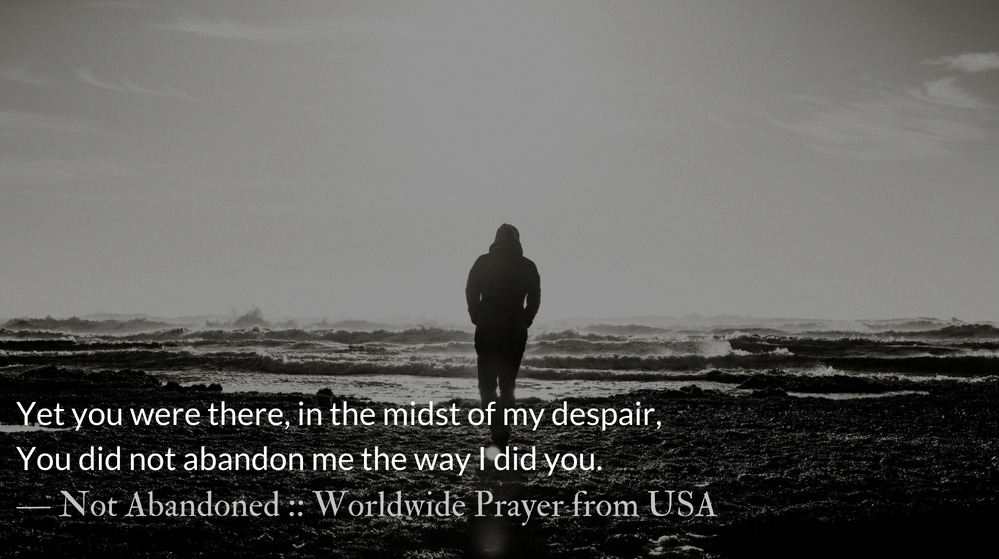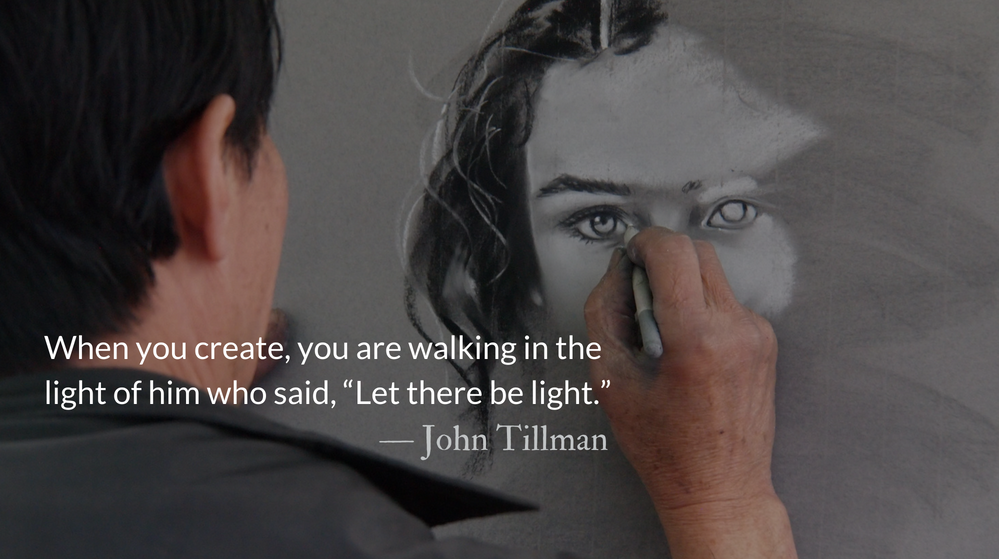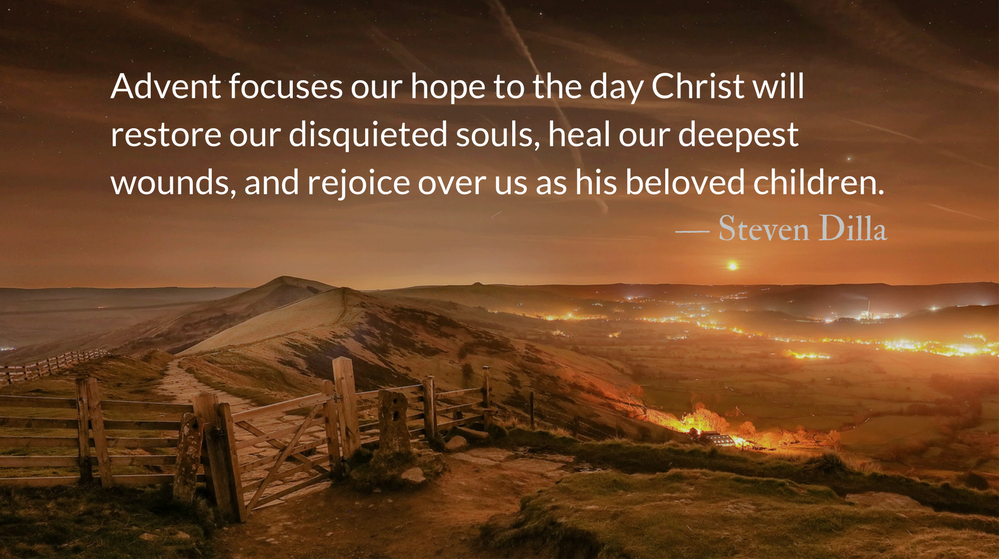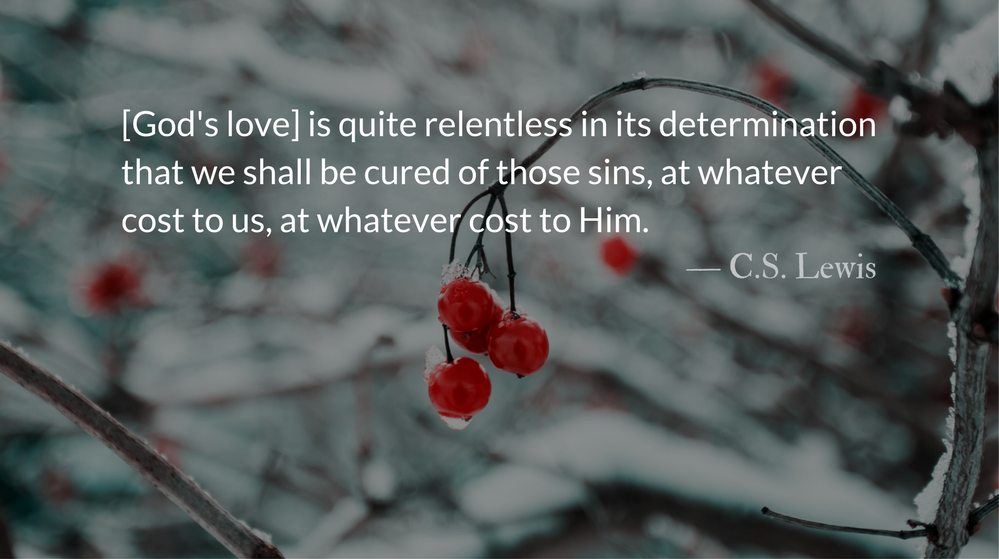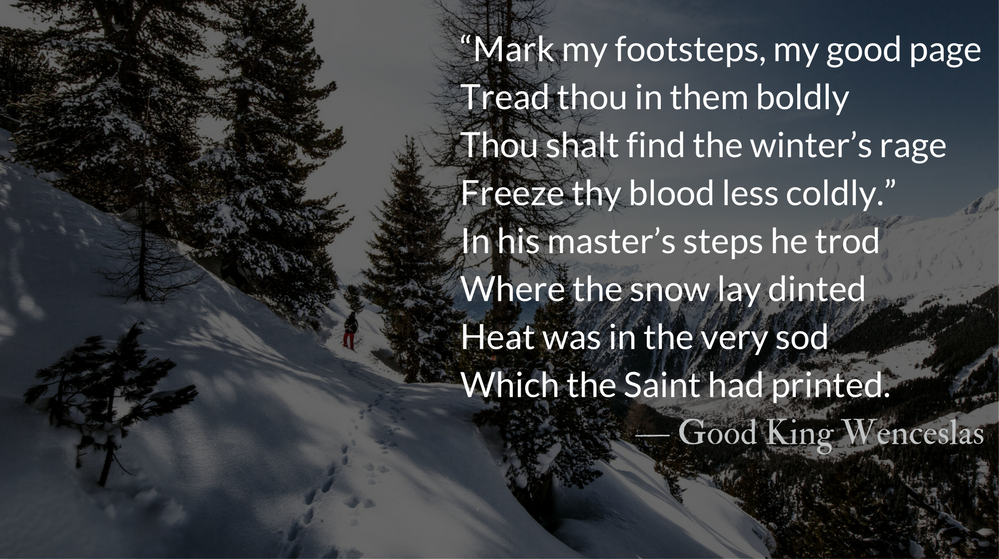Scripture: 1 John 2.12
I am writing to you, dear children,
because your sins have been forgiven on account of his name.
Reflection: Not Abandoned :: Worldwide Prayer
A Prayer of Thanks for God’s Pursuing Presence and Care from the USA
From my youth, oh Lord, from my
youth you have been my refuge.
In the days of my innocence, you have
Been my place of hiding, my home and my safety.
Then came the times of my rebellion, the days
of my senseless rage, when I abandoned
The ways of God, and followed in the vanity
Of trusting in the strength of men.
Yet you were there, in the midst of my despair,
You did not abandon me the way I did you,
Nor did you treat me with the contempt
I treated you with, the God over all, in my pride.
Instead, you rescued me from evil men, you
Stole me from the houses of the wicked
And planted me among the olive groves of
the righteous, among the granaries of the holy.
When I had lost my way, and grieved at my condition
You took pity on me, and melted the heavens
For my sake. You came down to my place of derision
And took me in your arms.
*Prayer from Hallowed be Your Name: A collection of prayers from around the world, Dr. Tony Cupit, Editor.
Prayer: The Cry of the Church
O God, come to my assistance! O Lord, make haste to help me! — Psalm 69.2
– Prayer from The Divine Hours: Prayers for Springtime by Phyllis Tickle.
Full prayer available online and in print.
Today’s Readings
Isaiah 24 (Listen – 3:11)
1 John 2 (Listen – 4:04)

